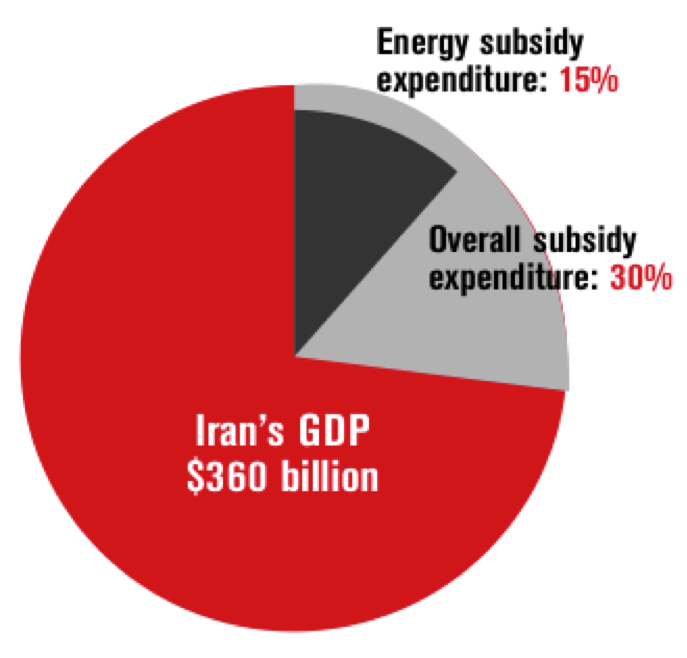The financial crisis left former hedge fund investors with a bad taste in their mouths. A lack of transparency and light-touch regulation meant that many funds nearly went bankrupt when the US housing market collapsed and took with it the mortgage-backed securities in which they were heavily invested.
But losses are not the only thing souring investor sentiment on the subject. “Where investors got extremely disappointed was the fact that a lot of hedge fund managers gated, suspended redemptions and side-pocketed their illiquid assets, leaving clients unable to withdraw their money,” said Nadim Haidar, senior private banker at FFA Private Bank. “They were essentially at the mercy of hedge fund managers who dictate when they will get their money back.” He says that there are two possible reasons that investors were forbidden from cashing out of the funds: “It was a truly exceptional time and some managers justifiably locked up to protect their remaining shareholders. Other managers unjustifiably locked up to keep themselves in business.”
In order to prevent this behavior in the future, the European Union updated its Undertakings for the Collective Investment of Transferable Securities (UCITS) directives, which essentially screen individual funds and supply them with “passports” so that they may be distributed throughout Europe. The rules have also become de facto standards for the rest of the world. “It is kind of the like the kosher or halal approval for investing in hedge funds,” said Haidar. UCITS IV was approved on January 13, 2009 and will be implemented in 2011. The directive includes lower minimum investment requirements, higher liquidity requirements and much more transparency and disclosure to the investors on the part of the fund. In light of UCITS IV, hedge fund providers have often created UCITS versions of their same funds.
Concerns aside, Haidar is a big fan of hedge funds: “People want low volatility investments that appreciate slowly over time. Hedge funds are able to produce this,” he said.






















